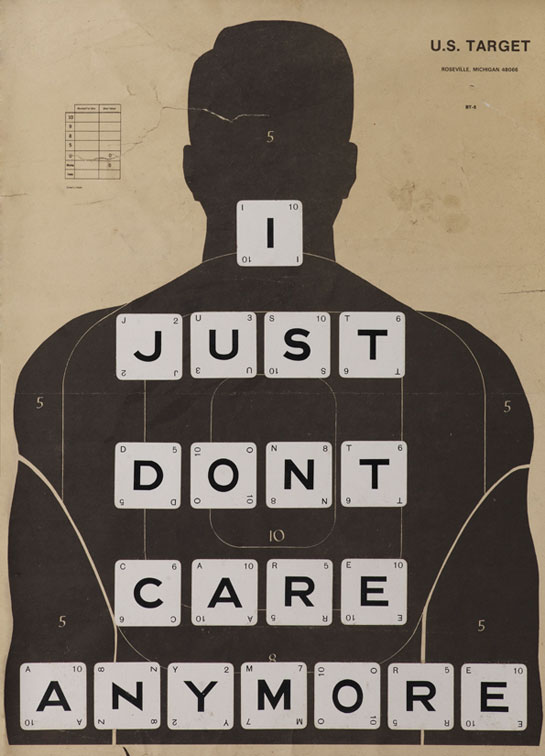I bet we've all experienced it in one form or another: that feeling that you just don't care anymore right now, that you're tired of fighting, and ready to wave the white flag. I call them the "F-its."
While having this experience is pretty normal, it can also have unfortunate side-effects if it leads to impulsive behavior, or giving in to our worst judgment. For clients trying to change problematic, impulsive, compulsive, or addictive behaviors, the "F-its" create a high risk for relapse. "F-its" may also be more common for people trying to change behaviors, simply because behavior change requires sustained, hard work. It can be draining, and leave little extra energy to cope with life's other challenges. So how do we help clients both reduce, and cope with, the "F-its?"
Reducing the "F-its" is best accomplished by reducing overall vulnerability as much as possible. In addiction treatment, clients are often advised to avoid becoming to Hungry, Angry, Lonely, Tired or Thirsty (HALT). In DBT, clients are taught the acronym "PLEASE MASTER" - to reduce vulnerability, treat PhysicaL illnesses, Eat a balanced diet, avoid Alcohol and drugs, get the right amount of Sleep, Exercise, and do something that gives you a feeling of MASTERy.
Coping with the "F-its" once they occur is a little trickier, for the simple fact that, in that moment, the person doesn't care about coping, or the consequences of not coping. It's only later on, after the "F-its" pass that regret occurs. As a result, recognizing the "F-its" as they're creeping up on you, and responding early is crucial to effective coping. The best response that I've found for that moment is to find ways to rest from the hard work of change. Improving the moment is one set of strategies for giving oneself a break. Distraction, enjoyable activities (other than the problem behavior), socialization, and sensory self-soothing are other examples.
"F-its" can be tackled from cognitive and motivational angles. Cognitively, there is often a train of thought contributing to the "F-its" (for example, "I shouldn't have to work this hard to be normal," "I'm tired of this," "I was better off before," "who cares if I ____ anyway?"), and leading from the "F-its" to action via the road of justification ("just this once," "nobody will notice or care," "I'll get back on the wagon tomorrow," etc.). CBT can be used to identify and challenge these thoughts. At the same time, alternative thoughts supporting efforts to cope can be brought out by helping clients to re-focus on what motivated them to change in the first place.
Finally, normalizing the "F-its," and helping clients regroup and get back on track after behavioral slips is crucial, to prevent a slip from becoming a full relapse.
What do you do to help clients get through the "F-its" without derailing their recovery process?

No comments:
Post a Comment